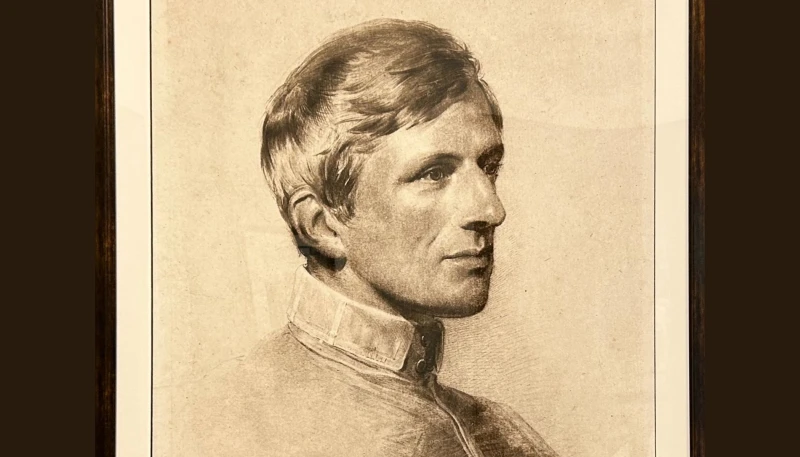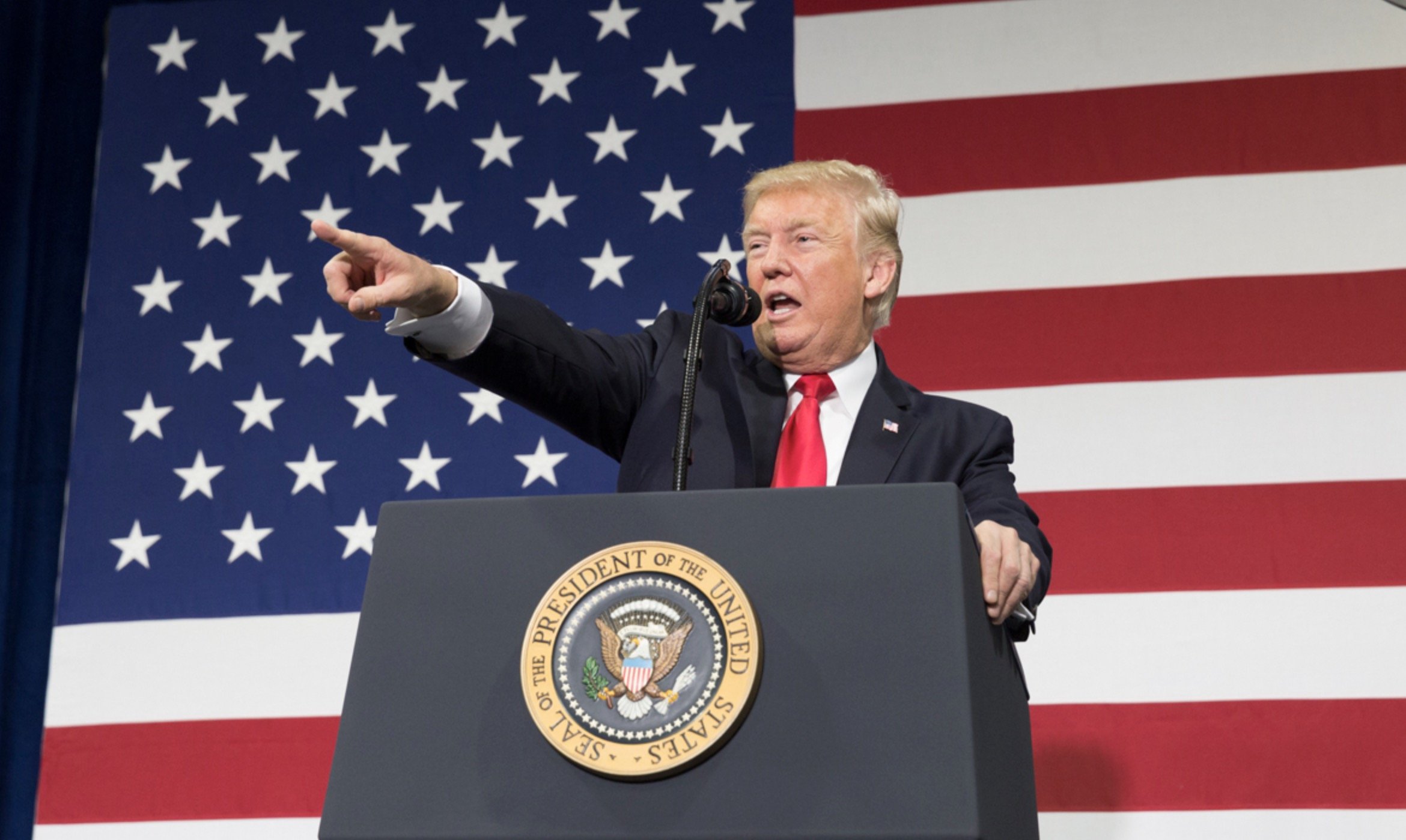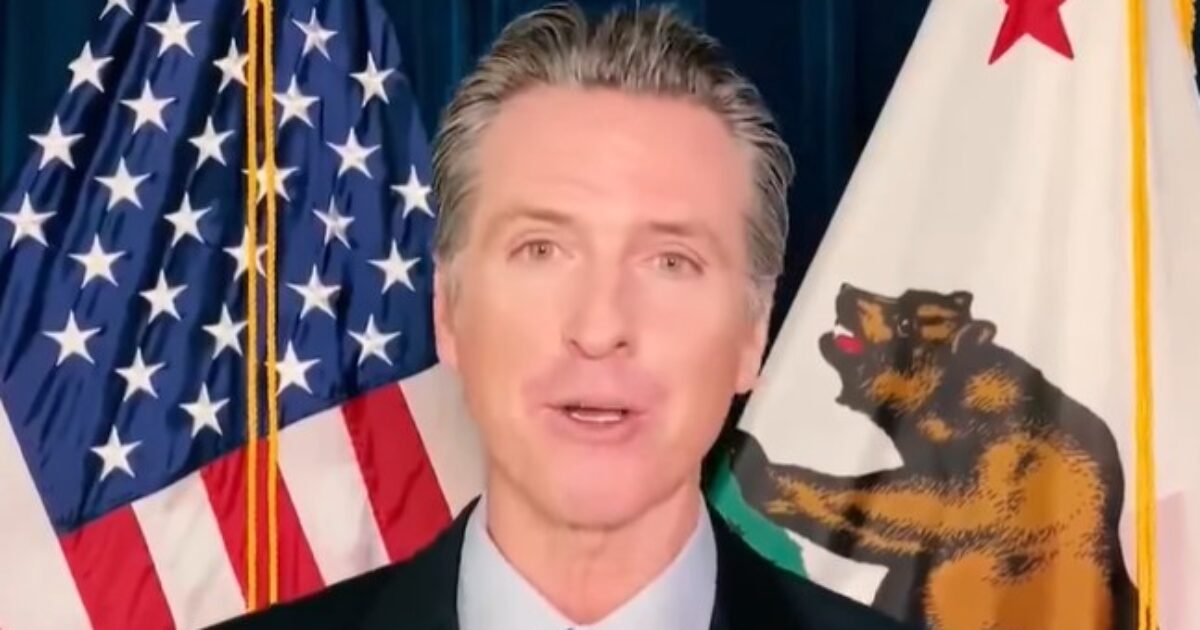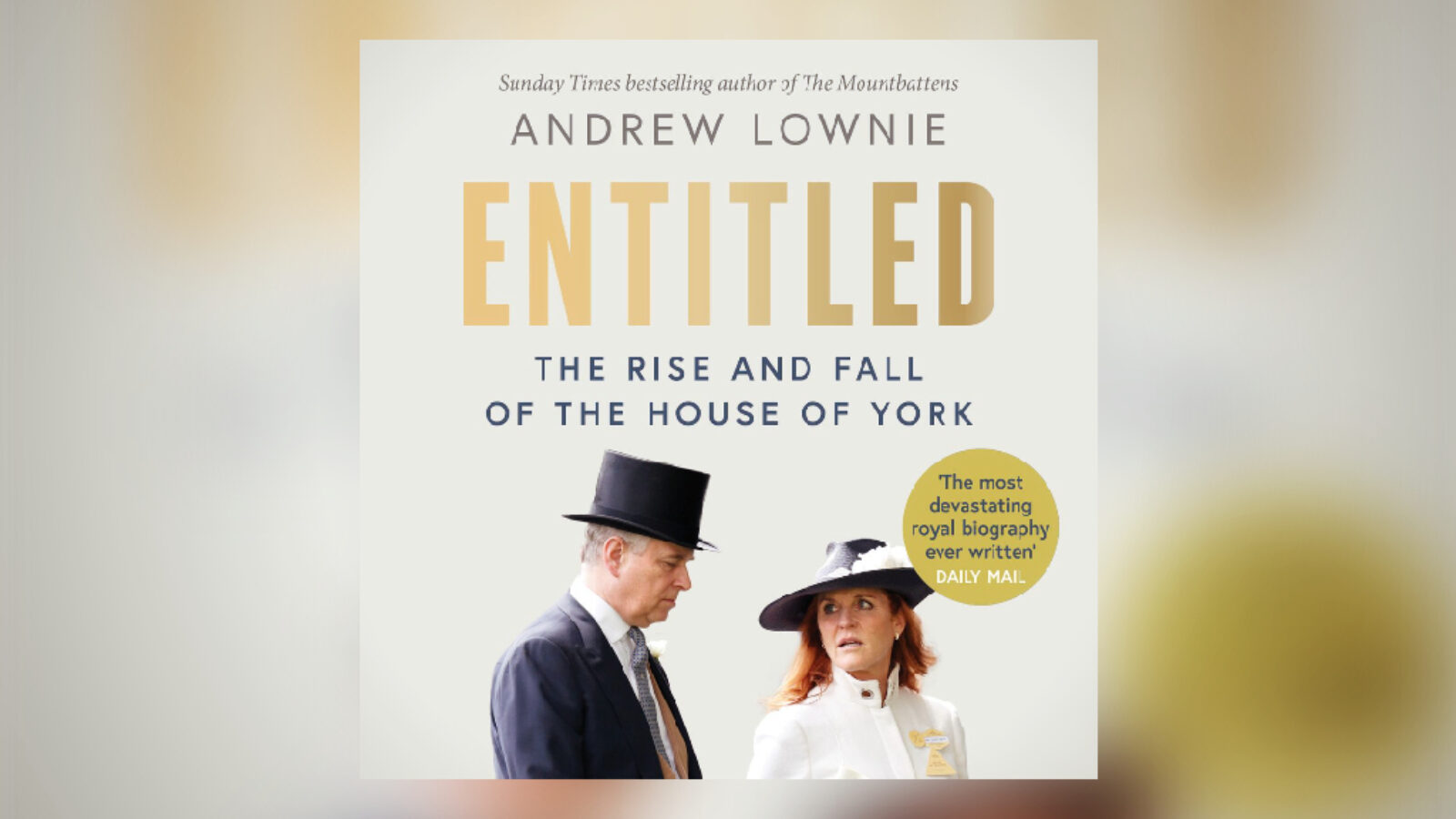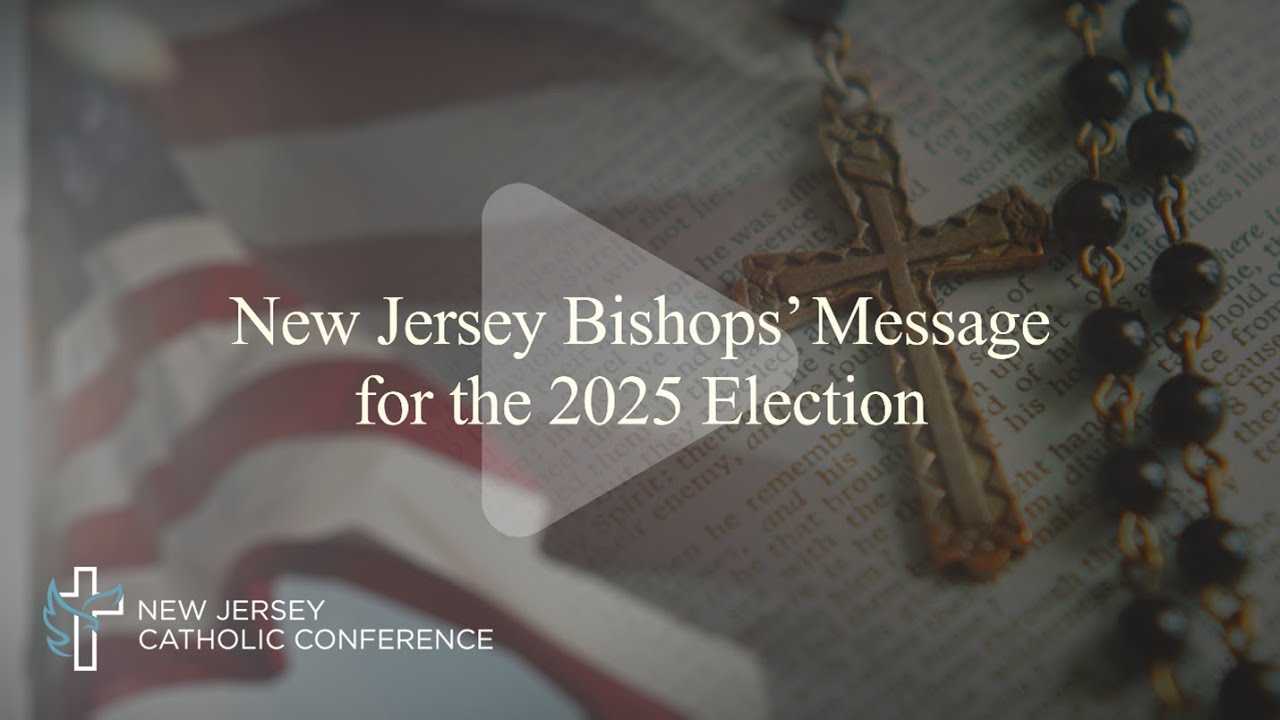 Vladimir Putin, president of Russia expressed concern about the ongoing internal problem of “falling birth rates” in October 2025. / Credit: FotoField/Shutterstock
Vladimir Putin, president of Russia expressed concern about the ongoing internal problem of “falling birth rates” in October 2025. / Credit: FotoField/Shutterstock
Washington, D.C. Newsroom, Oct 27, 2025 / 17:08 pm (CNA).
Russian President Vladimir Putin is voicing concern about the ongoing internal problem of “falling birth rates” in his own country and suggesting state action to address the issue.
Putin said in an Oct. 23 meeting with the Council for the Implementation of State Demographic and Family Policy that drops in birth rates have become “a global trend and a global challenge in the modern world” that is especially affecting economically developed countries, “and Russia is unfortunately no exception.”
Russia, he noted, has had “demographic pitfalls” from losses in World War II and problems that coincided with the collapse of the Soviet Union. Though he did not mention the ongoing war with Ukraine, Russia has also lost between 137,000 and 228,000 soldiers in the war approaching its fourth year, according to an analysis by The Economist.
Putin said some countries respond to falling birth rates with “uncontrolled, and even chaotic migration to replace the native population” but that Russia’s approach would be different.
“Our choice is unequivocal,” the president said. “We support the family as the fundamental basis of Russian society and aim to protect and preserve genuine family values and traditions, which have united and strengthened our country for centuries.”
The country’s fertility rate is less than 1.5 children per woman — which is far less than the 2.1 births per woman that’s needed to simply maintain a nation’s population. It’s less than half of what Putin sees as his ideal, which is that “families with three or more children should be seen as a standard and natural way of life in our country.”
Russia is the ninth most populous country in the world, but it has dropped from 147.6 million people in 1990 to about 146.1 million today, according to The Independent. The latter number includes 2 million people gained from the annexation and occupation of Crimea.
Putin said “no pressure should be exerted” to force couples to have children, because it is “a private and personal matter.” Yet, he said Russia should ensure young people “would sincerely aspire to a happy motherhood, would aim to effectively raise their children, and that they would feel confident that the state will support them whenever necessary.”
“It is now very important … to promote and uphold the internal attitude that I have mentioned … so that the desire to create a family, to marry and to have many children becomes prevalent in the public mentality,” Putin said.
State solutions to incentivize families
Putin sees the government as an essential partner in addressing the falling birth rates. He noted Russia’s low-interest mortgages and flat-rate benefits for low-income families and an initiative scheduled for early next year to reduce income tax for low-income families raising at least two children.
Another concern Putin noted is that young people postpone starting families when they focus on studying or their early career. He said young people should “not have to choose one path over another” and highlighted the country’s increase in pregnancy and childbirth benefits for full-time students, along with some universities offering day care.
“Fatherhood and motherhood are a source of joy, and there is no need to postpone happiness,” Putin said. “That is what truly matters.”
Putin noted that housing expansions and better infrastructure are also needed, along with the promotion of “fundamental value-based attitudes” and engagement with cultural figures and the mass media.
Concerns of Orthodox and Catholic leaders
Russian Orthodox Patriarch Kirill has similarly expressed concerns about the declining birth rates in the country. Last year, he highlighted the “tragedy” of abortion as a contributing factor.
Putin did not mention abortion at last week’s meeting. In Russia, elective abortion is legal up to the 12th week of pregnancy, but the government has banned promoting “child-free propaganda,” and many regions have banned people from pressuring women to have abortions.
Last year, Kirill sent letters to encourage women early in their pregnancies to carry their unborn children until birth. He wished them “good health, peace of mind, and many blessings from Christ, the giver of life” and discussed the blessing of children.
Earlier this month, Pope Leo XIV expressed concern about declining birth rates in Italy when he met with Italian President Sergio Mattarella. He urged a “concerted effort” to promote family and protect life “in all its phases.”
“In particular, I wish to emphasize the importance of guaranteeing all families the indispensable support of dignified work, in fair conditions and with due attention to the needs related to motherhood and fatherhood,” Leo said. “Let us do everything possible to give confidence to families — especially young families — so that they may look to the future with serenity and grow in harmony.”
Read More
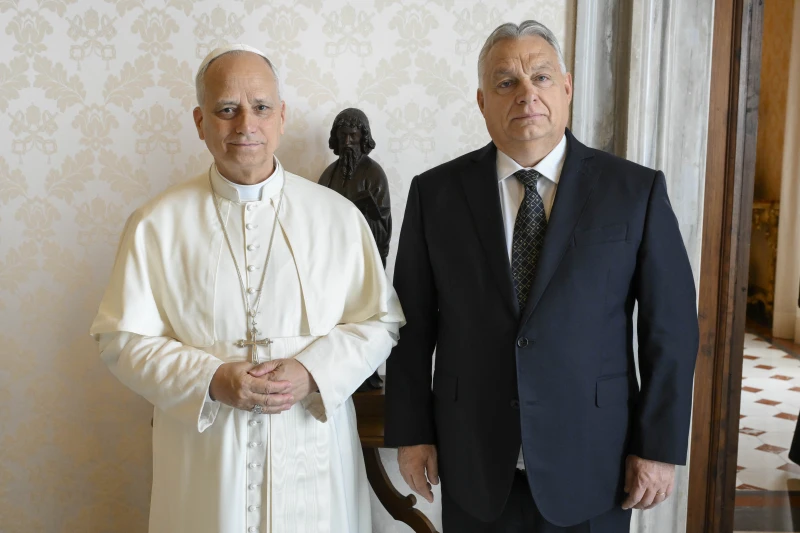

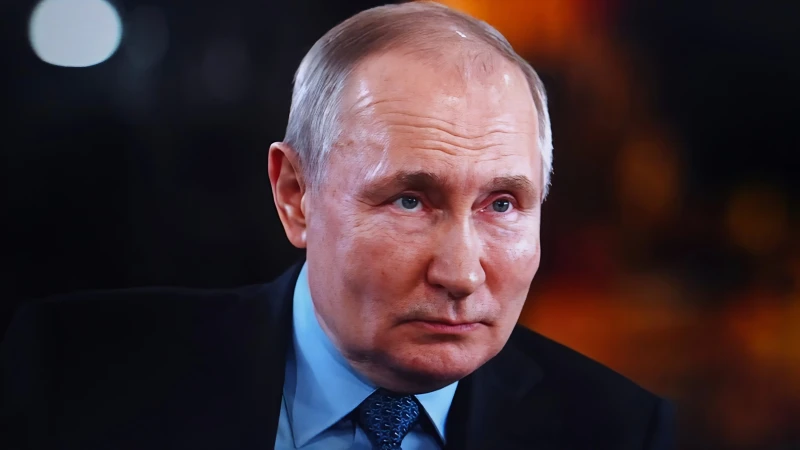

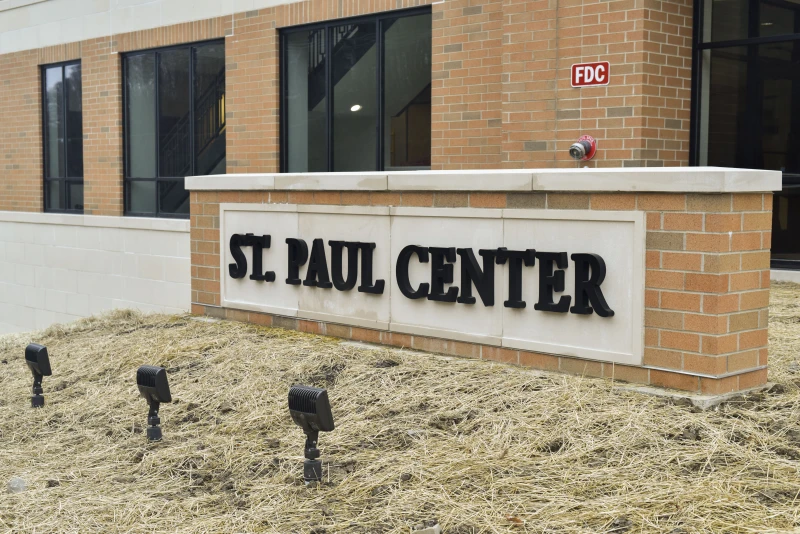

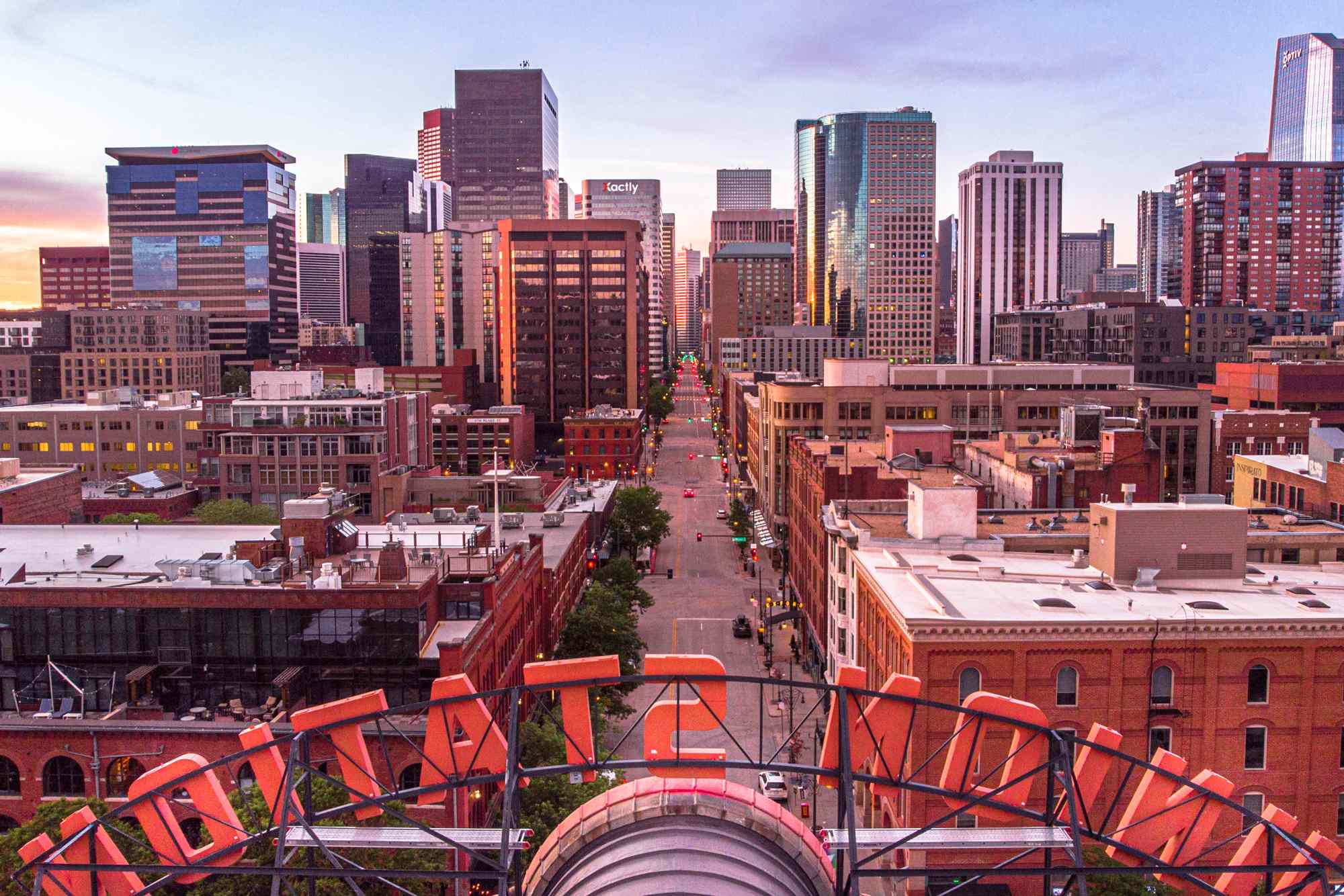
:max_bytes(150000):strip_icc():format(jpeg)/TAL-lead-image-denver-THKSGVNGTRAVEL1025-4eaa5d15e97a4fe8bb428850177a68c1.jpg)
